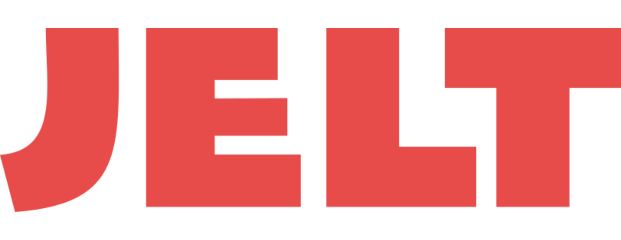Abstract
The emergence of sophisticated self-learning technologies in artificial intelligence has led to a real paradigm shift, leading to the transcending of the boundaries within which law is accustomed to operate and giving rise to real regulatory gaps. The most debated issue is that of who can be identified as being liable for damages caused by the conduct of artificial intelligence-programmed systems. However, as an essential prerequisite to finding a solution to this question, it is necessary to understand what form of recognition and protection to grant to an intelligent system. This implies, upstream, the need to delve into the philosophical assumptions of artificial subjectivity and, first and foremost, to rethink the very idea of human subjectivity that connotes the construct of the entire current legal apparatus. In particular, in the context of the emerging robotic subjectivity, current reflections, cleansed of anthropocentric prejudices, call for the acceptance of a de-anthropomorphisation of the definition of autonomous agent subject, linking it not so much to self-consciousness and inner psychological states, but rather to the decision-making and communicative capacity of the intelligent entity, which would acquire an identity on the ethical and social plane.
Keywords
Download
De Bona G. (2022) "Verso la tutela giuridica dei sistemi intelligenti. Prospettive critiche della soggettività robotica
", Journal of Ethics and Legal Technologies, 4(2), 51-104. DOI: 10.14658/pupj-JELT-2022-2-3
Year of Publication
2022
Journal
Journal of Ethics and Legal Technologies
Volume
4
Issue Number
2
Start Page
51
Last Page
104
Date Published
11/2022
ISSN Number
2035-4983
Serial Article Number
3
DOI
10.14658/pupj-JELT-2022-2-3
Issue
Section
Articles

 © 2025 Padova University Press - Università degli Studi di Padova
© 2025 Padova University Press - Università degli Studi di Padova